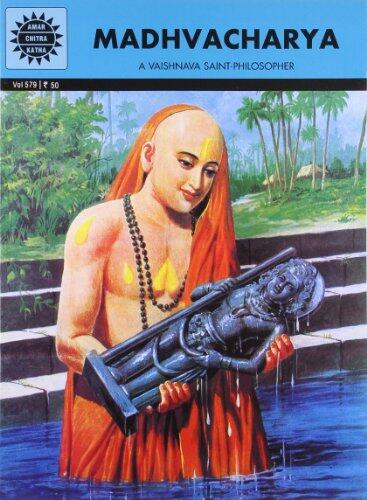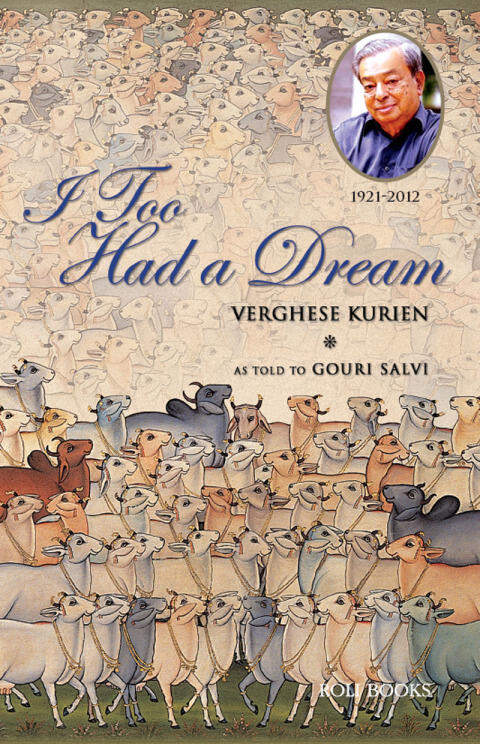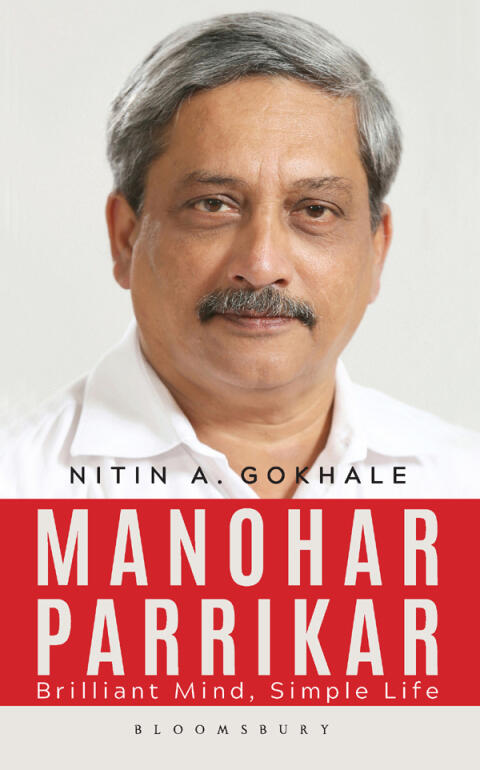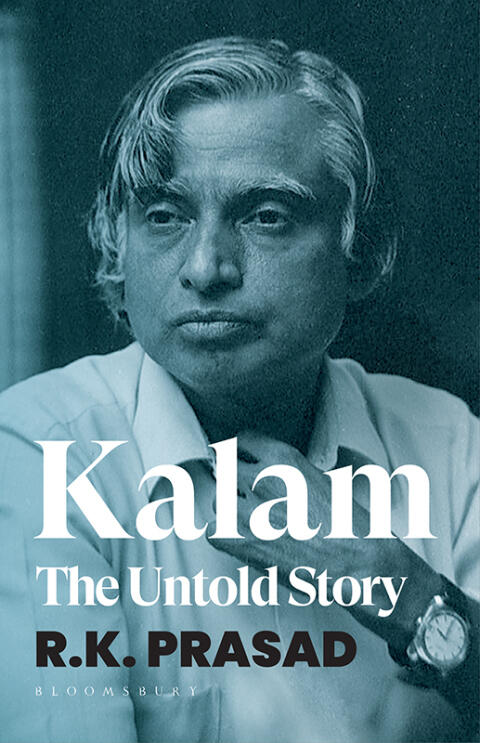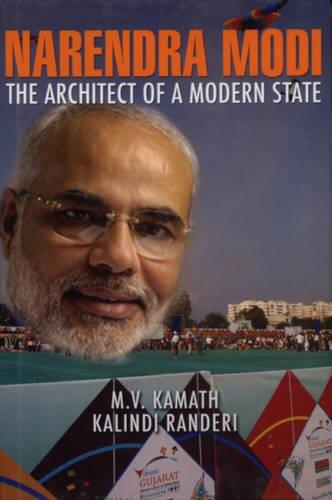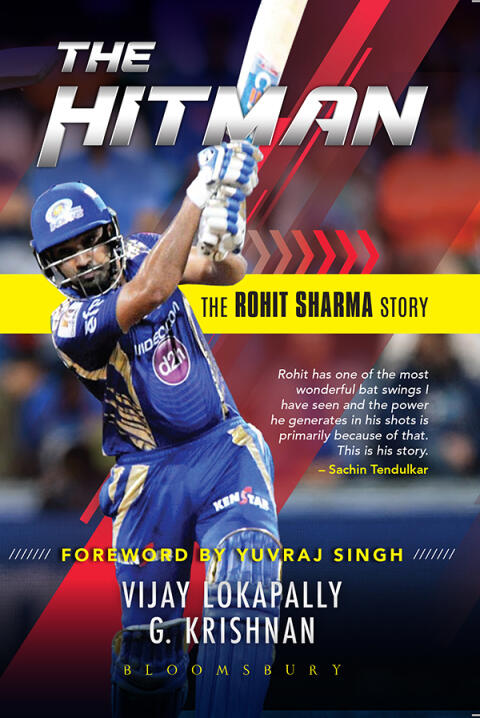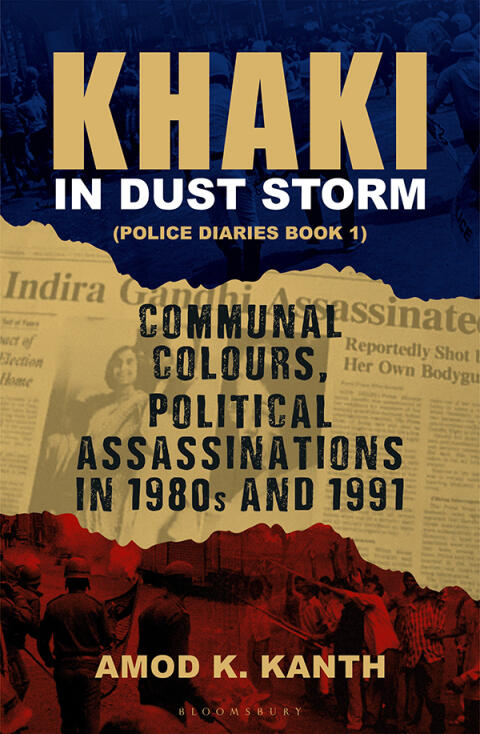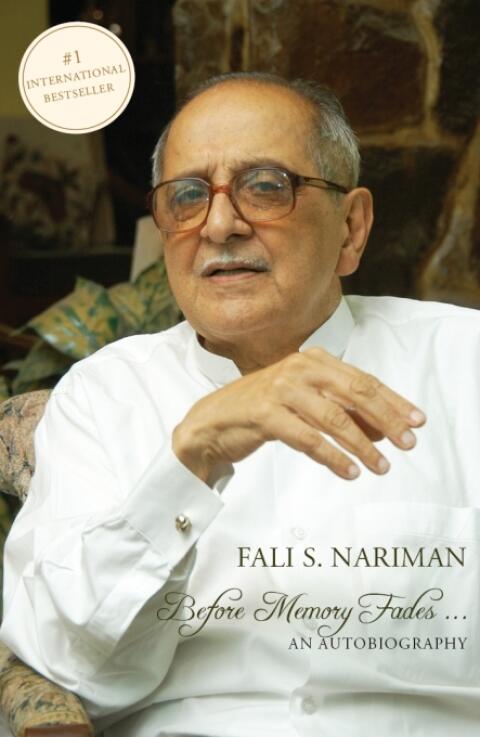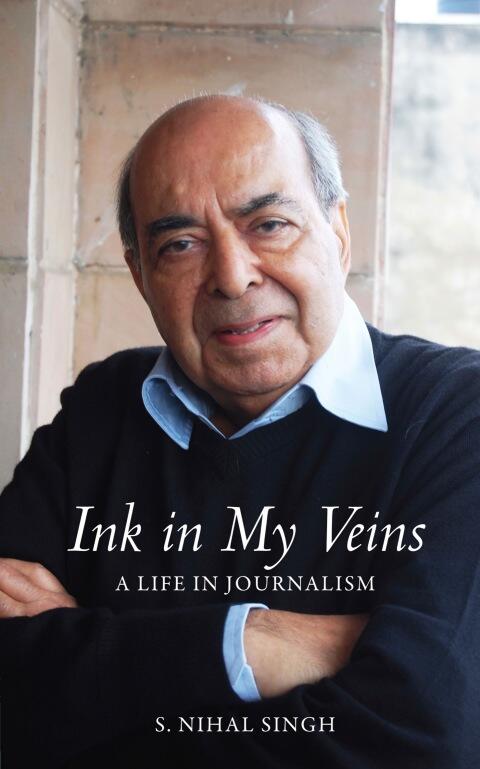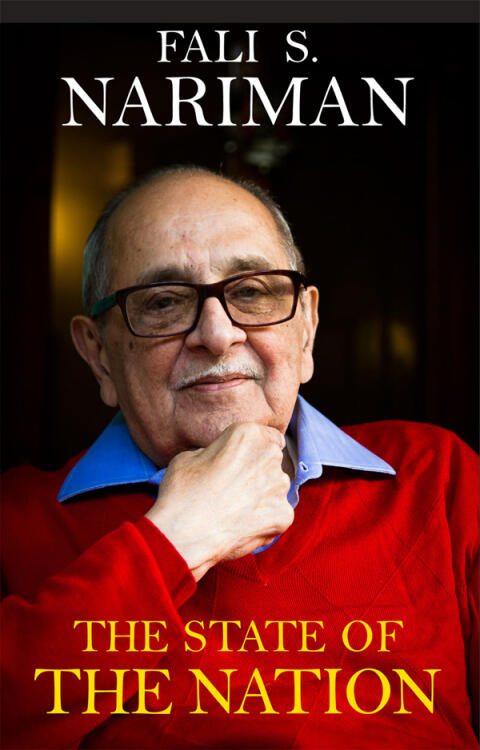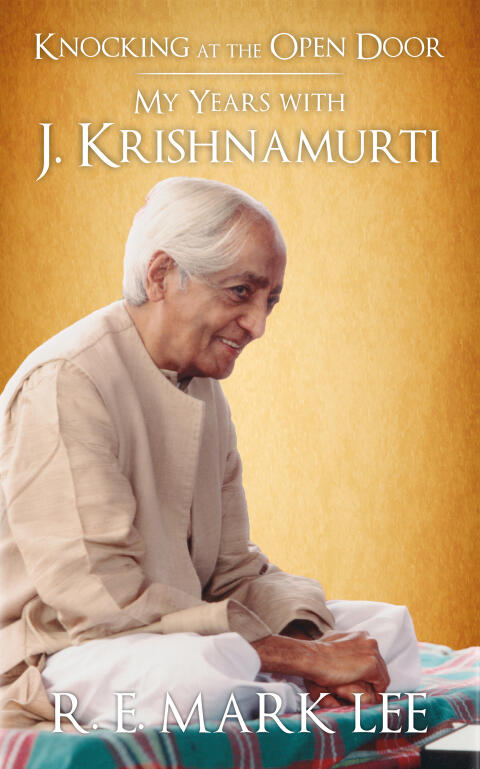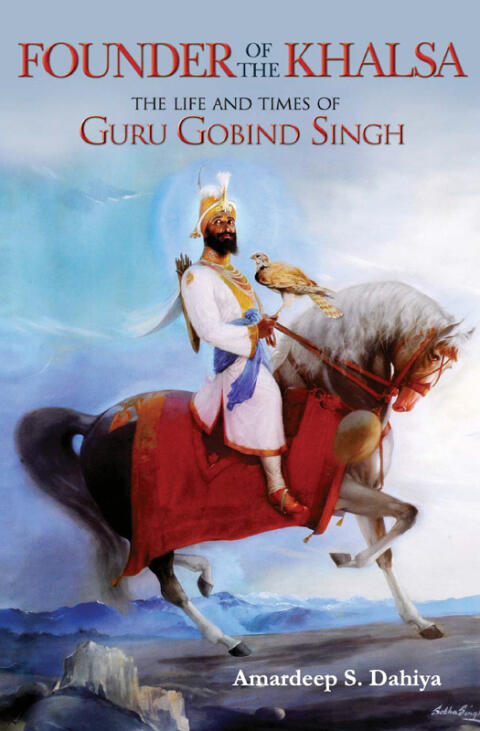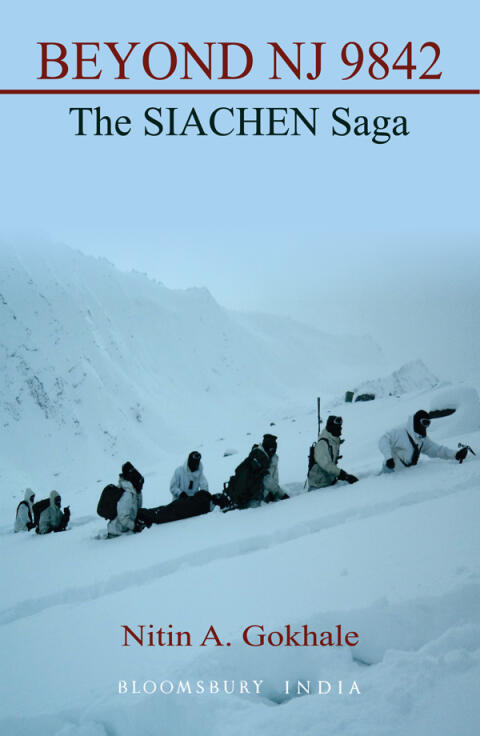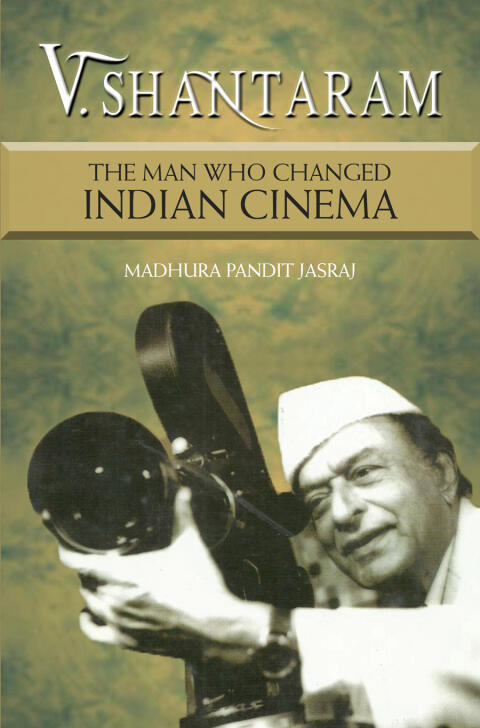
V. Shantaram: The Man Who Changed Indian Cinema
还没有评分
Biography
Autobiography & Memoir
格式
Kindle
页数
332
语言
印地语
已发布
Jan 1, 2015
出版商
Hay House India
版本
2
ISBN-10
9384544418
ISBN-13
9789384544416
描述
Madhura Pandit Jasraj delves into the life of V. Shantaram, a pioneering figure in Indian cinema whose influence extended far beyond the silver screen. Through vivid storytelling, the author paints a portrait of a man who not only revolutionized filmmaking in India but also shaped the cultural landscape of the nation. By exploring Shantaram's innovations, the book sheds light on the unique blend of artistry and social consciousness that defined his work.
The narrative weaves through Shantaram's early struggles, detailing how his passion for cinema led him to break boundaries and challenge societal norms. Readers will gain insight into his creative process and the profound impact his films had on audiences, often addressing pressing social issues of his time. Each chapter reveals the depths of his commitment to the craft, as well as the challenges he faced in an evolving entertainment industry.
Compelling anecdotes and reflections from those who knew him intimate the enigma of Shantaram's character and his relentless pursuit of excellence. The author's careful research and empathy create a rich tapestry of his life, making it clear that Shantaram was not just a filmmaker but a visionary who sought to elevate the medium of cinema itself as a tool for change.
Ultimately, this account stands as both a tribute to Shantaram's legacy and a reminder of how one man's passion can resonate through generations. It invites readers to reflect on the transformative power of film and how it mirrors the complexities of society, ensuring that Shantaram's story continues to inspire future filmmakers and dreamers alike.
The narrative weaves through Shantaram's early struggles, detailing how his passion for cinema led him to break boundaries and challenge societal norms. Readers will gain insight into his creative process and the profound impact his films had on audiences, often addressing pressing social issues of his time. Each chapter reveals the depths of his commitment to the craft, as well as the challenges he faced in an evolving entertainment industry.
Compelling anecdotes and reflections from those who knew him intimate the enigma of Shantaram's character and his relentless pursuit of excellence. The author's careful research and empathy create a rich tapestry of his life, making it clear that Shantaram was not just a filmmaker but a visionary who sought to elevate the medium of cinema itself as a tool for change.
Ultimately, this account stands as both a tribute to Shantaram's legacy and a reminder of how one man's passion can resonate through generations. It invites readers to reflect on the transformative power of film and how it mirrors the complexities of society, ensuring that Shantaram's story continues to inspire future filmmakers and dreamers alike.
